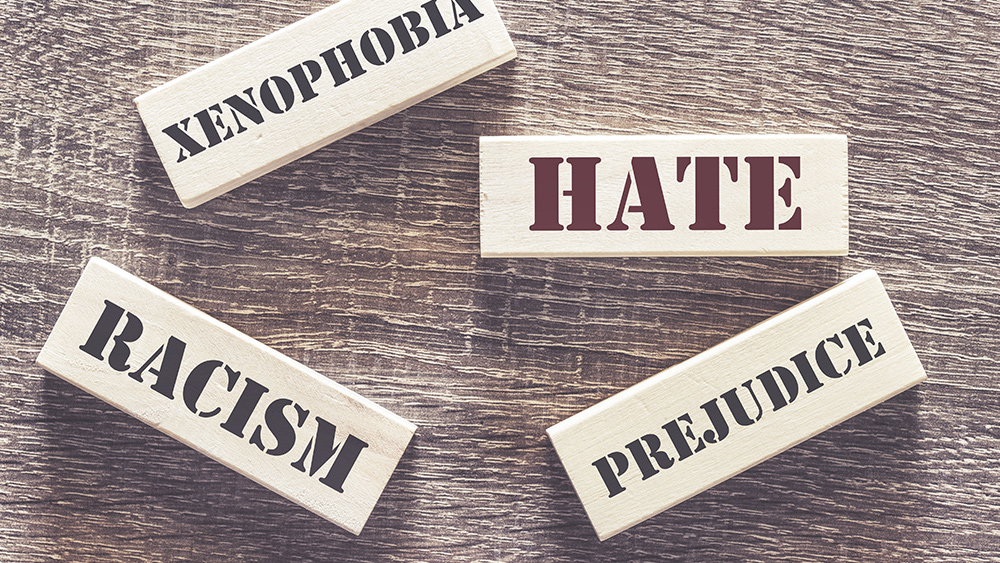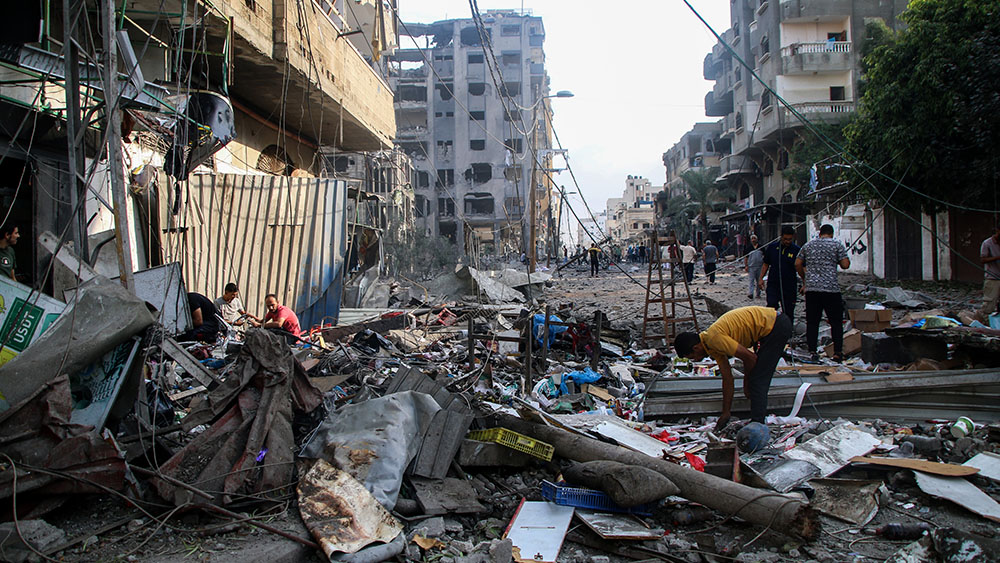 Parler
Parler Gab
Gab
COVID "pandemic" caused Oregon's Measure 110's addiction services rollout to stall, which is why this is now happening
Back in 2020, Oregon voters passed via referendum Measure 110, a bill that decriminalized the unlawful possession of controlled substances. What this means is that penalties for drug possession were reduced from a felony or misdemeanor to a simple Class E violation, which is punishable with a $100 fine. The goal of the bill was to clear out the jails of non-violent offenders while implementing a new addiction services mechanism throughout the state that would help those addicted to harmful substances find rehabilitation rather than simply be thrown in prison by the Prison Industrial Complex. The problem is that Measure 110 took effect right during the Wuhan coronavirus (COVID-19) "pandemic," which limited the rollout of the addiction services portion of Measure 110. As a result, jail time is down, but overdose deaths are way up. "But that's what voters were sold on," Gonzalez explained, referring to the addiction services component of the legislation. "That we were decriminalizing addiction, that we would set up substantial, state-level addiction services that just didn't come about. I think that was the surprise." "What was predictable is that Measure 110 would attract certain elements to the city that were looking for that lifestyle, and as a city, we're taking a hard stand increasingly to push back on that now." Were drugs to be decriminalized all across the nation, those seeking that kind of "lifestyle," as Gonzalez puts it, would stay in their own areas and seek help there. Instead, many of them flee from states where drug laws are harsh and head on over to Oregon instead, which is exacerbating the problem. "You know, the combination of Measure 110 and the 9th Circuit law on outdoor camping has really tied the city's hands to address these issues," Gonzalez added. "Frankly, we were probably too tolerant and accepting as a city even without those things on some of these behaviors that really destroy livability for everyone else." "It's going to take multiple steps (to fix). There's no two ways about it, and you need all levels of government working in the same direction. We've been pushing certain forms of judicial reform for the last decade in the state and in our county. We're now paying the piper for that. Some well-intentioned things have had some really negative impacts." America seems to be on the fast-track to hell, both red and blue. Learn more at Collapse.news. Sources for this article include: NewsNationNow.com Newstarget.comAs illegals pour in by the thousands, New York City sees surge in TUBERCULOSIS cases
By Ethan Huff // Share
Jeffrey Prather and Tristan Searra discuss South Africa’s RACE WAR on “Prather Point” – Brighteon.TV
By Kevin Hughes // Share
Gaza doctors send “SOS to whole world” as U.S. suggests evacuation corridor to Egypt
By Kevin Hughes // Share
Hezbollah threat in the north delays Israel invasion of Gaza
By Richard Brown // Share
Governments continue to obscure COVID-19 vaccine data amid rising concerns over excess deaths
By patricklewis // Share
Tech giant Microsoft backs EXTINCTION with its support of carbon capture programs
By ramontomeydw // Share
Germany to resume arms exports to Israel despite repeated ceasefire violations
By isabelle // Share










